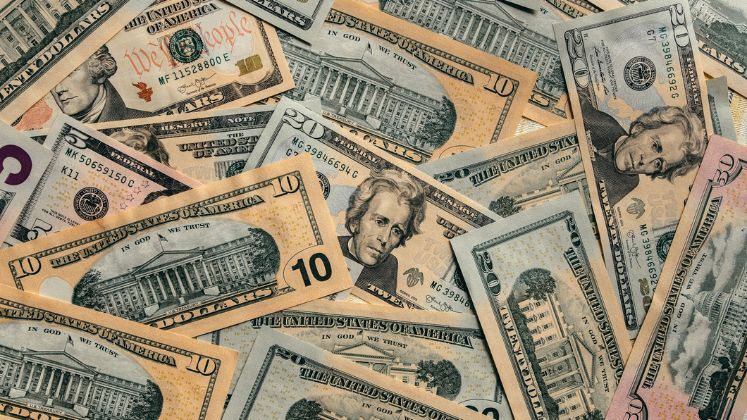
Businessmen engaged in import-dependent sectors facing financial setbacks from the depreciation of the local currency against the US dollar will now have the opportunity to repay their loans over a span of up to eight years. This provision, announced by the central bank in a notification, is aimed at helping those who imported goods with delayed loan repayment conditions and incurred losses.
Under the new guidelines, affected importers will make repayments on a monthly or quarterly basis, beginning after a one-year grace period, during which their losses will be assessed separately. The central bank highlighted that the value of the Bangladeshi taka has noticeably declined against foreign currencies, particularly the US dollar, due to various factors, including the lingering effects of the Covid-19 pandemic, the Russia-Ukraine conflict, and the broader global economic downturn.
As a consequence of the exchange rate fluctuations, local manufacturing industries have suffered significant losses while importing raw materials, leading to working capital deficits and reduced production capacities. The central bank’s directive aims to stabilize the production capabilities of key import-dependent sectors, including steel, cement, and local industries where sales prices are government-regulated.
The Bangladesh Bank also stated that the total exchange rate-related losses would be determined by individual banks for letters of credit opened from January to December 2022.
Additionally, banks have been instructed to assess unexpected exchange rate-related losses using a specified methodology. Affected businesses can convert the equivalent loss into a separate term loan outside their working capital credit limits, based on their creditworthiness. This loan will be repayable in equal installments over a maximum period of eight years, with a one-year grace period.
Conditions include that customer credit limits remain intact and no defaulter will qualify for this scheme. To benefit from this relief, applicants must submit their requests to their banks by 31st March, following which banks will confirm the legitimacy of reported losses due to exchange rate fluctuations. Proper documentation must be maintained for verification by the Bangladesh Bank’s inspection department.
The exchange rate has surged from Taka 105-107 per US dollar in January last year to Taka 120-125 recently, exacerbating the financial strain on import-oriented industries, as reported by industry insiders.






